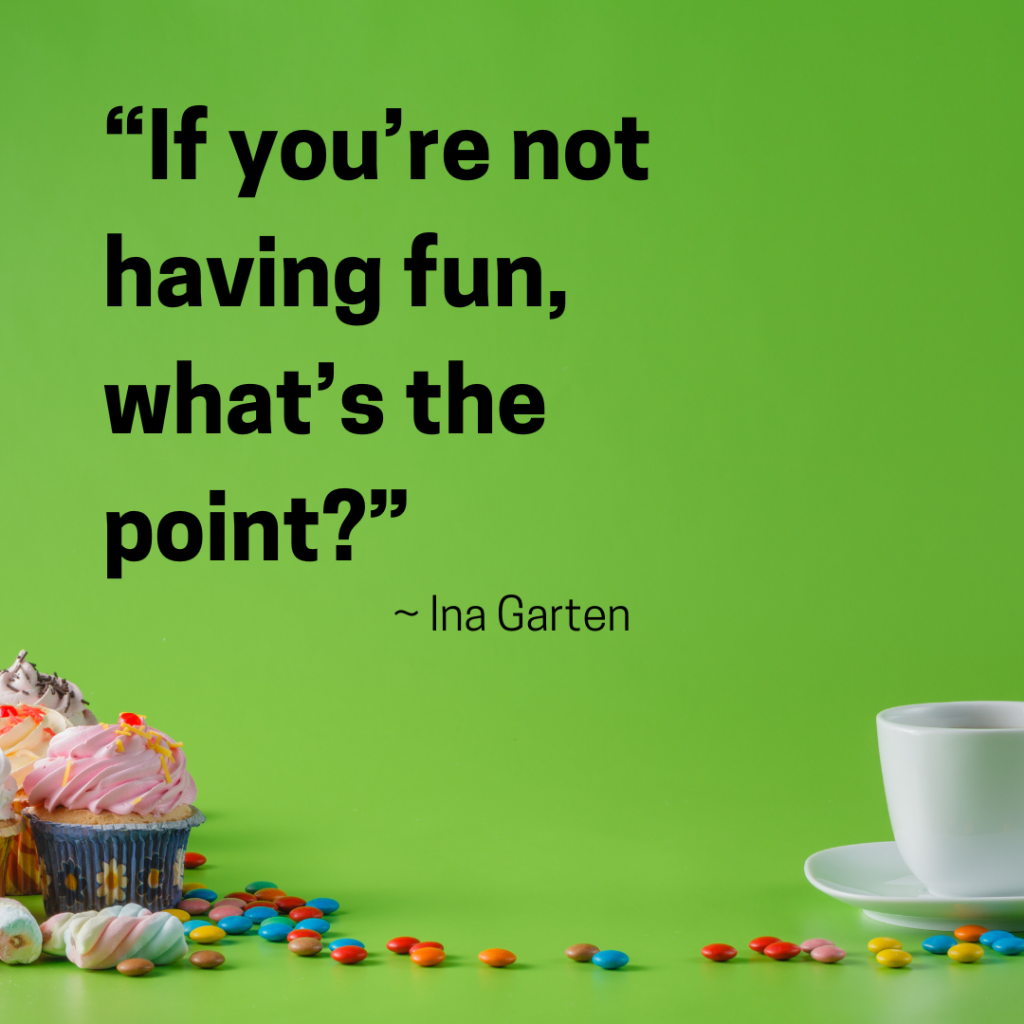
[This is Part 3 of an ongoing 6-part series]
You could presume that once you’ve discovered where you are on the map of your career, it’s time to determine your destination. There’s an extra step that needs to be taken before you go forward, however.
Think of your career like a spacecraft hurtling through the cosmos and as mission command you need to set its destination. You determined its location but now we need to know its trajectory and velocity to decide what course corrections need to be taken. For example, if you took off from Earth, heading to Mars, but now want to go to Venus you’ll need to change direction. To figure out how long it will take requires knowing how fast it has been going until now. In terms of career, your work history can be understood as where you’ve been and what you’ve done. This context will help you explain to others where you’ve been. While Question 1 (What can you do?) helps the individual determine their location, Question 2 (What have you done?) will assist the individual in establishing for themselves and others where they’ve been so they can see where they’re going and how difficult that might be.
Practically speaking, Question 2 starts with taking a look at the record of work and accomplishments a person has achieved up to the present. The best place to do that is your resume (aka résumé or CV). In my experience, most people dread their resumes. It’s understandable because much like in Question 1 there’s a lot of self-reflection that occurs. Fortunately, and paradoxically, while a resume is about you it’s not actually about you. Your resume establishes your validity as a candidate to interested parties by showcasing your accomplishments. Once that validity is established, then there’s potential for connection. From that connection comes trust. From trust, a partnership is built.
So how do you showcase yourself? It’s not something we’re trained to do in society because it often seems to go against pro-social values such as humility and selflessness. While it can go down the path of bragging when a novice writes a resume, a good writer can make a document both humble and oriented towards the reader. How do you do that? Simply state what you’ve done and the impact it’s had in an honest manner. Honesty isn’t bragging when it is a statement of fact. Taking pride in your accomplishments isn’t the bad version of pride, it’s the healthy kind. Songwriter Mac McAnally explains it this way: “Take pride in what you do for a living even if you have a job that sucks because that’s the quickest way to a job that sucks less.” Honest confidence and healthy pride in demonstrated achievements is what the reader needs to see.
Writing resumes is difficult because we can’t always know how others perceive us without external feedback. Think of how often in today’s marketing-centric culture we roll our eyes at someone without the self-awareness to realize what a Grade A idiot they’re making of themselves? Can’t think of an example? Spend 5 minutes on Twitter or Facebook and you’ll find at least one. In the example you find the person in question doesn’t necessarily perceive what they’re communicating as being an issue, but you did. Which is right then? Marketing of anything (soap, cars, TV shows, or a person’s job history) is built on a rule: “perception is reality”. You perceived them as out-of-touch. As the audience, your opinion and assessment rules out over their intention. Resumes are like that. You might think “I’m a shoo-in for this job!”. The hiring manager, your audience, might think differently.
Have you ever accidentally acted in a way that in retrospect is perceived as boorish or insulting? There’s a good chance that the realization you’d been insulting was because a well-meaning person was looking out for you and told you of your unintended transgression. The value of an honest broker to help guide you and create an understanding of yourself cannot be understated because as you create the message that is your career story, you want your intentions to be understood by others. Nobody can understand what’s going on in your brain or your life without using words. Choosing the right words often means looking for help to ensure they are understood. A well-crafted message is easier to share than a half-hearted attempt.
When analyzing your resume, there are a lot of basic details to cover that are too numerous to mention here. What is important when answering Question 2 is looking at what kind of career you have had up until this point and time, listing out your accomplishments, then seeing what story you’ve been telling through your outcomes. Your message is built of what you’ve been doing, and your actions are the author of the story you’re trying to tell.
Start with auditing your career up until the present day. This can be the largest part of the writing process. Most will start by compiling a chronological list of their positions and what the responsibilities and job descriptions were. This is a good place to begin for certain, but it’s important to not stop here. Why? Because put yourself in the position of a hiring manager, interviewer, or HR data-scanning algorithm. Too much data that’s not relevant to what you need to know is tossed out. In that process of tossing out the bad, a lot of good may go with it. Let’s say you’re buying a toaster online that you’re going to use for bagels. When you start searching through the products offered do you want to read the entire manual for each item, or would you prefer to just scan the page and find the ones that have a ‘bagel’ setting? Now if you’re hiring for a position that has the X, Y, and Z experience then you’ll waste a lot of time if you have to read through A, B, C, D,… to get through to X, Y, Z. Get to the point and stick to it by highlighting the most important data about yourself that speaks to objective accomplishment.
Why can’t we just rely on the basic facts though? We rely on data and metrics in organizations to drive decisions frequently. There are a multitude of reasons, first and foremost is that data never shows the whole picture. Communication requires connection but also requires context. We can transmit information easily (connection), but to ensure that it’s understood requires the ability to tell a story (context). This is why resumes aren’t easy to write, they require an understanding of the person being written about to properly show the person is more than just a widget, but an asset worthy of investment. The phrase “the map is not the territory” can be expanded to say, “The resume is not the person”.
This isn’t to say it’s hopeless to write one. Quite the opposite is true: it should be written well and updated often. The document serves as a record of personal achievement, a barometer of current intention, and trajectory of future growth. A good resume not only shows a person’s technical skill but also crafts a narrative of a person. From there, a reader can decide whether or not to connect with them.
A resume won’t get you a job. However, it will show who you are and what you’ve accomplished to whoever you share it with.
To get where you want to go, you have to know where you are and what you’ve accomplished so far. The resume is the narrative tool that will showcase your relevance.
Note: Everything I’ve said about your resume also applies to your LinkedIn profile. Don’t neglect your digital presence.


